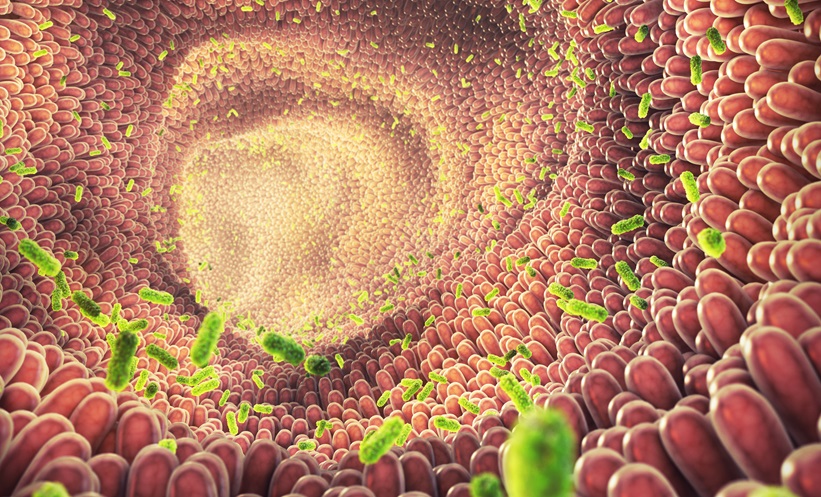TAMOXIFEN, a cornerstone of hormone-based therapy for metastatic breast cancer, reduces breast cancer recurrence by 38% and mortality rates by 25–30%, irrespective of patient age. Despite its established benefits, tamoxifen’s efficacy varies significantly among individuals, prompting researchers to investigate the role of the gut microbiome in this variability.
A recent study has revealed that the gut microbiome plays a critical role in tamoxifen’s metabolism, influencing its absorption and bioavailability. The research demonstrated that the gut microbiome facilitates tamoxifen recycling and retention in the bloodstream, with prolonged drug exposure enhancing the presence of bioactive metabolites. Notably, individual gut microbiomes exhibited distinct responses to tamoxifen, highlighting inter-individual variability.
Using metabolomic analysis, researchers observed that tamoxifen exposure altered bacterial lipid metabolism, potentially linked to its hydrophobic nature. Additionally, the study identified tamoxifen-derived metabolites, such as hydroxylated or glycosylated forms, suggesting species-specific bacterial interactions with the drug. Faecal biomarkers could have the potential to predict tamoxifen bioavailability and guide personalised treatment strategies.
A key discovery involved the role of bacterial β-glucuronidase enzymes in metabolising tamoxifen glucuronides, essential for achieving therapeutic drug levels. While 4HT-G hydrolysis was consistent across samples, END-G hydrolysis varied significantly. Bacteroides fragilis, a gut bacterium with unique β-glucuronidase enzymes, demonstrated a strong correlation with END-G hydrolysis, offering insights into microbial contributions to tamoxifen metabolism.
This variability in bacterial enzyme activity could influence drug efficacy and side effects in patients. Researchers emphasised the importance of functional assessments of gut microbes, suggesting that specific bacteria and their metabolic pathways might affect treatment outcomes.
The study’s findings highlight the potential of integrating pharmacogenomics and microbiome profiling into clinical practice, paving the way for personalised breast cancer therapies to more effectively prevent cancer recurrence.
Reference
Alam Y et al. Variation in human gut microbiota impacts tamoxifen pharmacokinetics. mBio. 2024; DOI:10.1128/mbio.01679-24.








